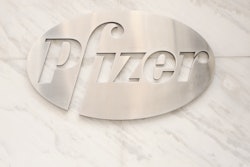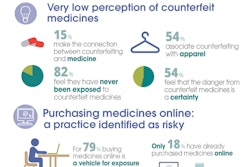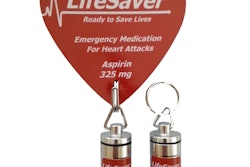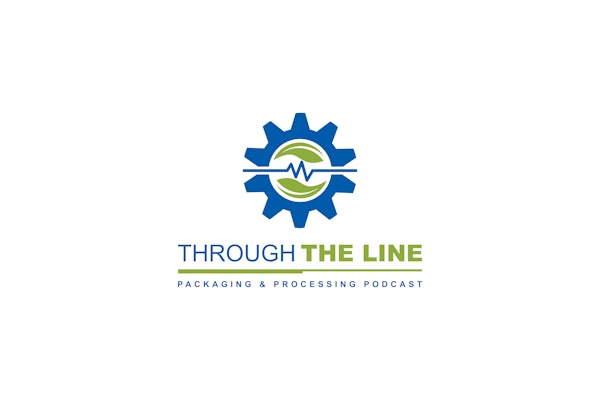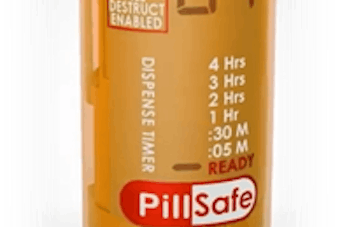Editor's Note: The following are excerpts from the recent forum on pharmaceutical drug prices recently held at the Health and Human Services Department that our editor, who attended the event, found noteworthy, but didn't make it into our regular coverage.
Steve Miller, MD, Senior Vice President and Chief Medical Officer, Express Scripts expressed his frustrations over drug prices, especially when it doesn't involve new, innovative treatments, as well as with the FDA.
"Quit raising price for old existing drugs in the marketplace," said Miller.
He also added that the FDA needs to speed up approval processes, saying right now it's "dysfunctional."
"Pharmaceuticals are the biggest challenge in healthcare right now," said Miller. "We need a sustainable system that rewards pharmaceutical manufacturers but also need to have affordability. "
One way they are tackling that is through indication-based pricing – recognizing that a drug may have multiple functions, and depending on what it is being used for could determine the price.
"Do you pay the same price for something that works less?" he asked.
They play to roll out a test system in 2016.
Alan P. Spielman, Assistant Director, Healthcare and Insurance, Federal Employee Insurance Operations, U.S. Office of Personnel Management is investing in patient adherence as a way to combat rising healthcare prices.
"We spend more money trying to make sure our people are taking the drugs," he said. "We invest in those system to make our members to stay motivated.
A pharmacist will let him know if the plan member has not filled their prescriptions.
"We want to know what's going on, and help manage the person in a holistic way to make sure they are taking the drug."
How to make sure the U.S. market is leading in innovation, but also making he cost affordable is a tough balance, but sometimes only the extreme stories get told. said. Chester “Chip” Davis, Jr., President and Chief Executive Officer, GPhA
"There will always be stories about [sky high prices]," said Chester “Chip” Davis, Jr., President and Chief Executive Officer, GPhA, referring to calls for government intervention when it comes to drug pricing. "But, we have to be mindful that making policy decision an drive unintended consequence. There are legitimate concerns around affordability, but Americas pay less for generics."
Prescription drugs create possibilities and challenges, explained Health and Human Services Secretary Sylvia M. Burwell.
"When medical technology advances, we must confront issues of access, quality and affordability," she said. "Hepatitis C, for example, affects around 3 million people in the U.S. and claims more lives here than AIDS. New drugs have revolutionized treatment and improved curerates.
"Treatments, however, can cost more than $100,000. And that’s an issue for both patients and the organizations and governments that serve them. Since more than three out of four infected adults are baby boomers, this disease has become one of the main cost drivers for Medicare’s prescription program. Impacts have also been significant in state Medicaid programs."



